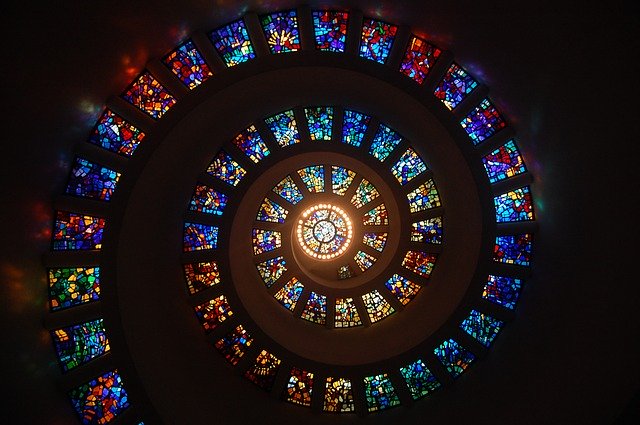For physicist Charles Townes, science and religion are both universal and basically similar. If we look at the real nature of each, Townes says, then we will realize that they are indistinguishable.
In this article Townes talks about the implications of the Uncertainty Principle in our quest to understand the nature of things and how it can lead to paradoxes. Townes also discusses the two concepts typically associated with religion – faith and revelation – and how they figure in the way we do science today.
Implications for AI
Written in 1966, just two years after Townes received the Nobel Prize for creating the laser, this work remains relevant, and true.
We have created sciences that have helped explain how “humans tick”, but they have obscured our undertstanding of the human’s spiritual nature. And as our science advances, we are slowly forgetting that there is a bigger, deeper reason why we exist.
Today, our technologies and further quest for knowledge are bringing us closer to the confluence of science and spirituality. But such a transformation is threatened by AI, and the systems and institutions we have created in our societies. Will we allow ourselves back into the Dark Ages dominated this time, by the sciences? Or will we choose to usher through a revolution of the sciences, as embodied by the post-materialist understanding of our universe?
Read Original Article

Read Offline
Click the button below if you wish to read the original article offline.
